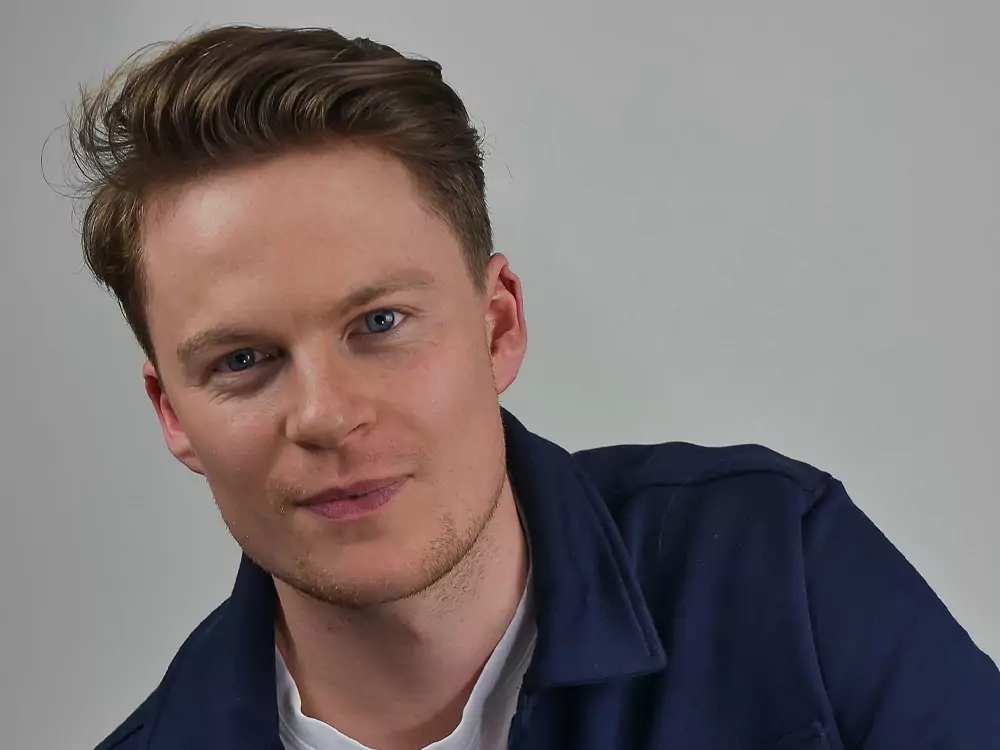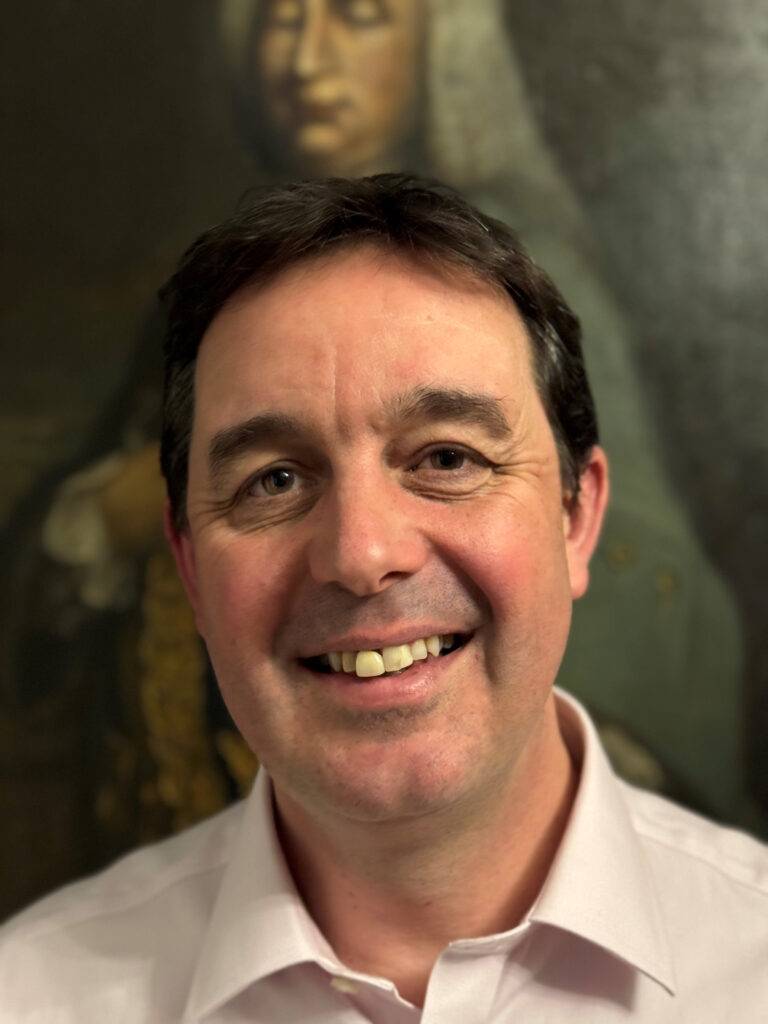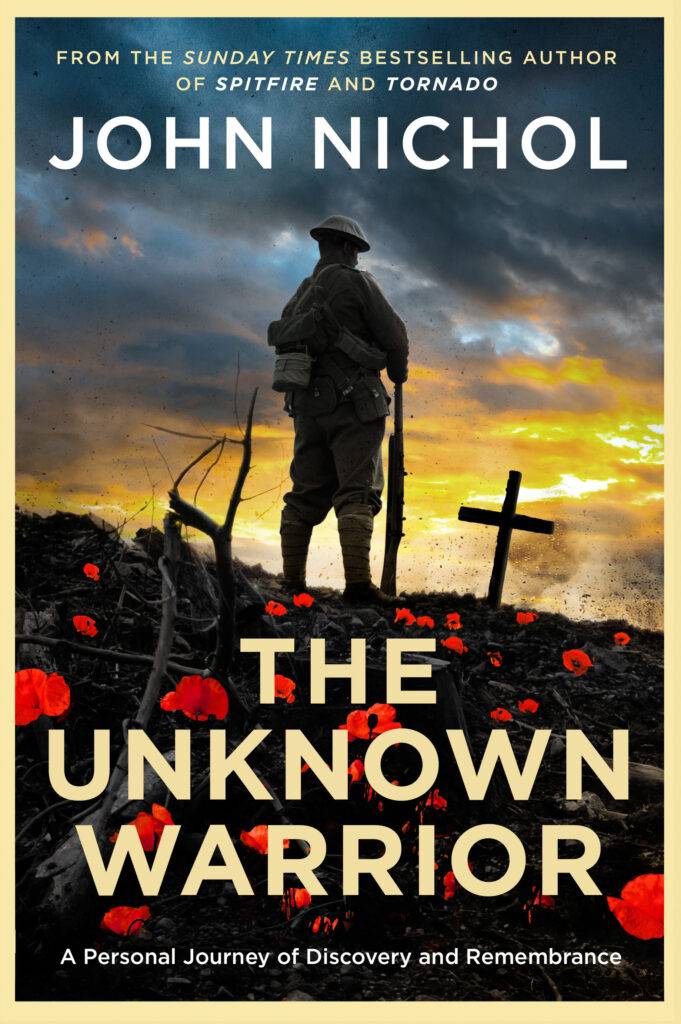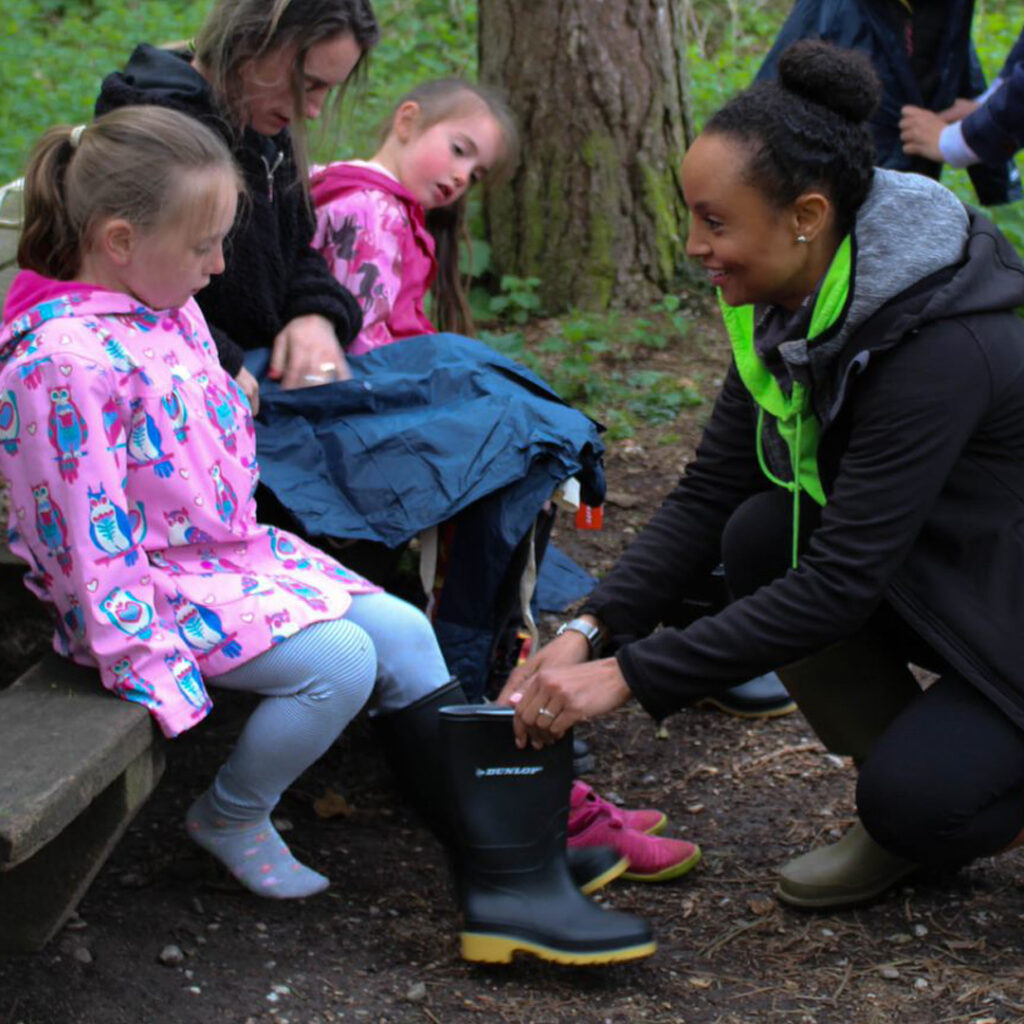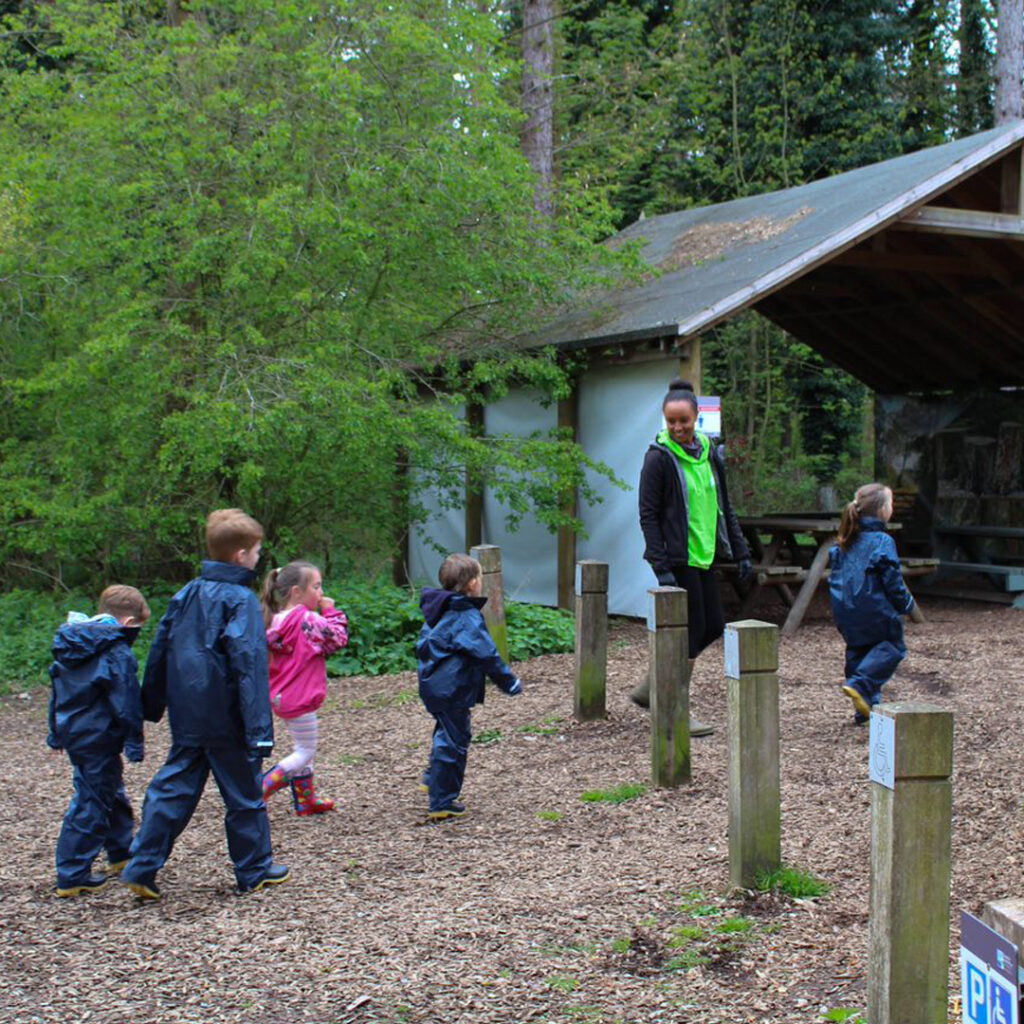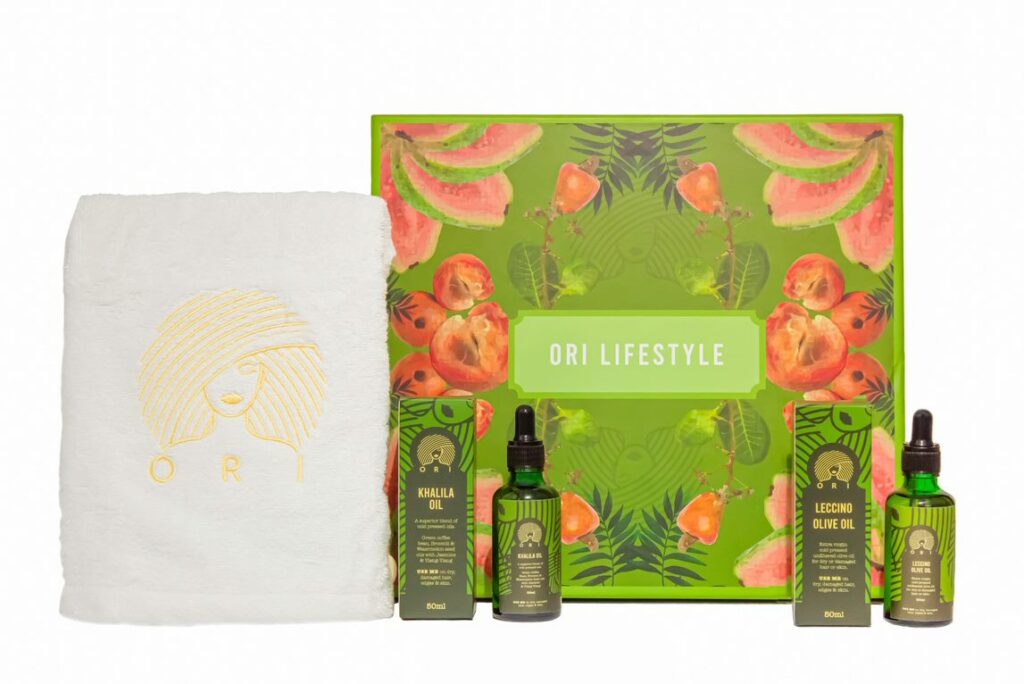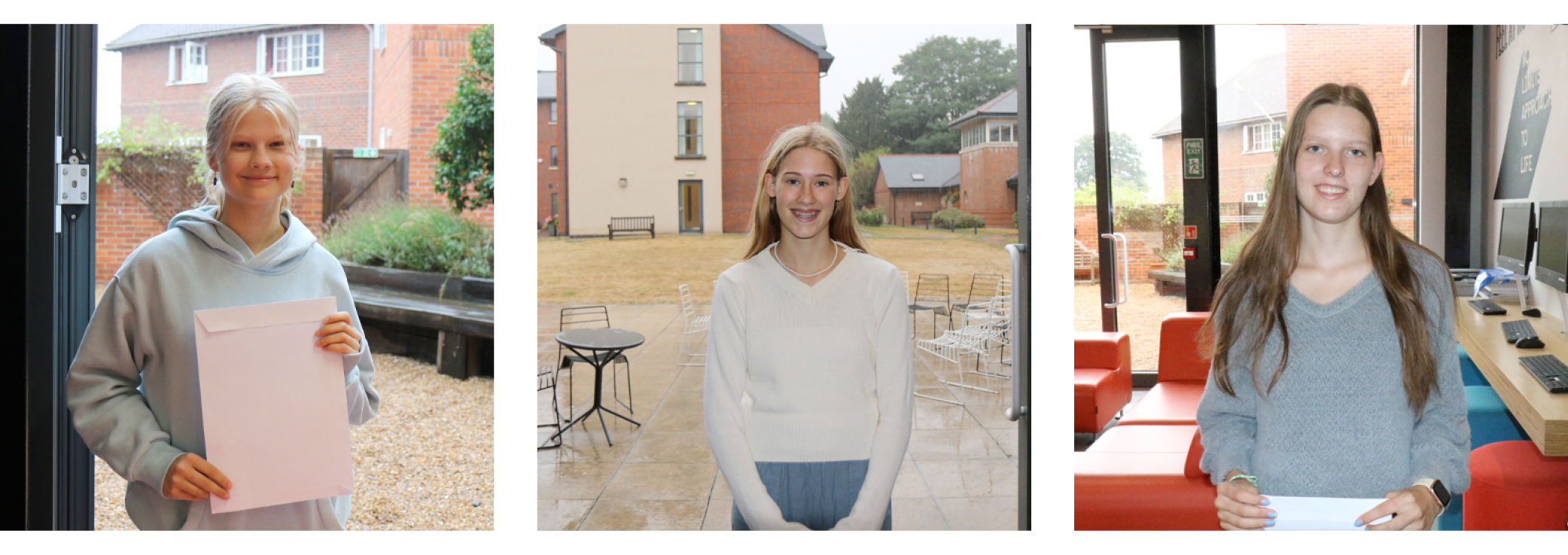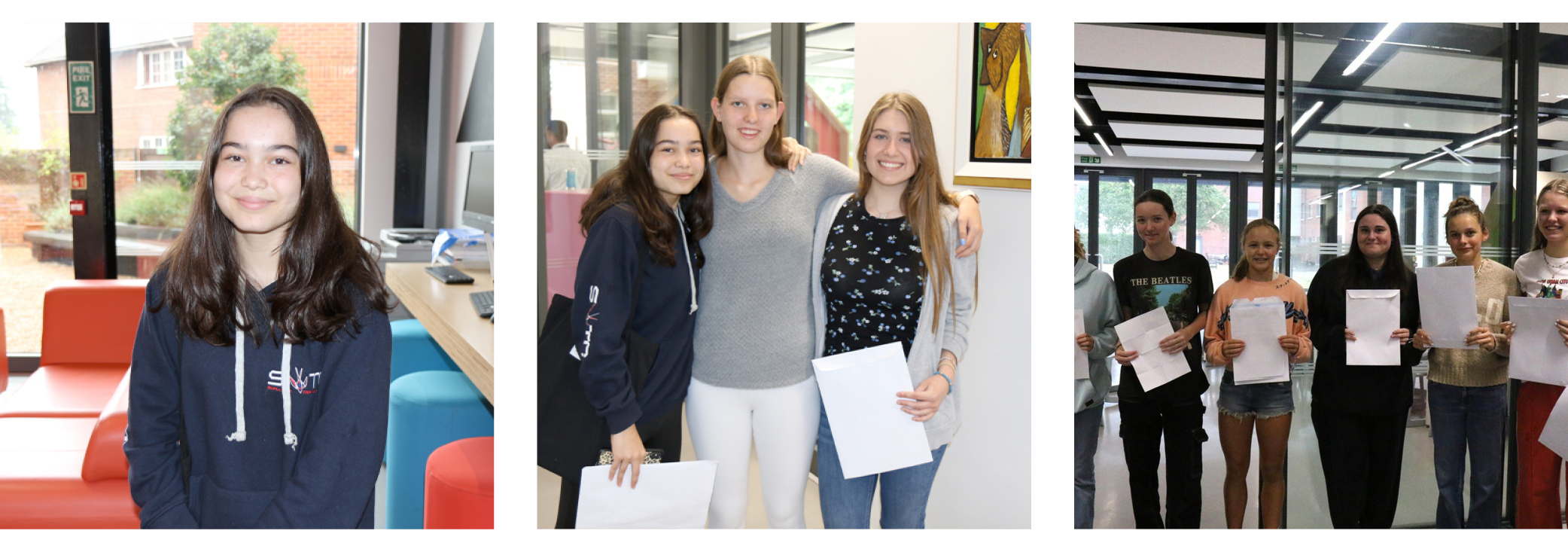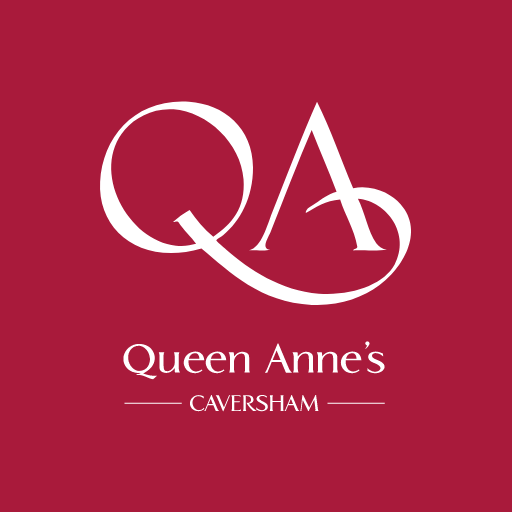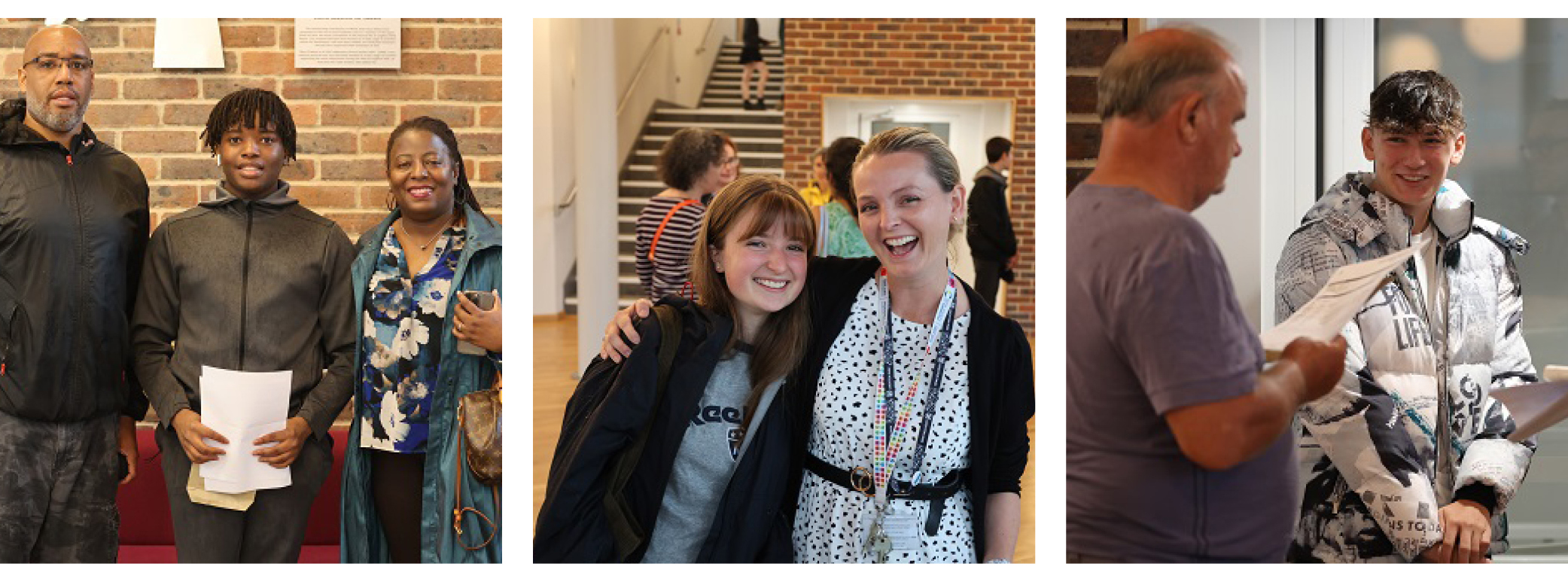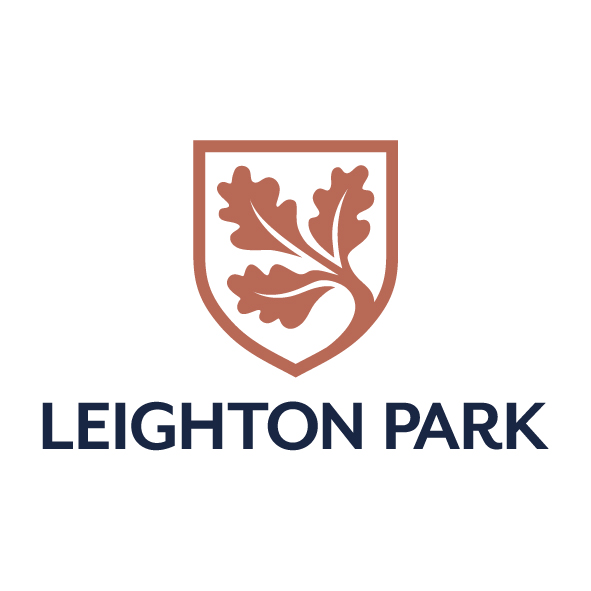There’s no one answer to this question; there are staunch defenders and outspoken critics of both systems. But it’s an important factor when deciding on your child’s education…
Single-sex or co-ed… Many experts believe single-sex education is obsolete while others regard it as an essential step towards equality of the sexes.
But while this dispute rumbles on, it is universally accepted that boys and girls develop at different rates and have different interests and motivations. Not surprisingly there are many people who believe that a curriculum and teaching style devised specifically for one sex is more likely to produce favourable results than a system which needs to cater to both sexes. But this is just one factor when considering which is better for your child.
Grace Moody-Stuart, director of The Good Schools Guide Education Consultants advises parents: “Always consider your child’s individual character, likes and dislikes and family situation. Logistically, can parents manage having their son and daughter at different schools? Might girls with multiple male siblings, prefer an all-female school setting? Some parents with all-boy families may specifically choose mixed schools so their sons learn to work alongside and co-operate with girls – they’ll have to in the real world, after all!
“When at it comes down to in the end is whether the school is a good school and whether it’s right for your child. As the world becomes more complex, schools do too. Gender is part of this complexity and so creating a wholly single sex environment is becoming increasingly challenging. Our advice for parents is to focus on the simple things. Is the school well run, with strong pastoral care and inspirational teaching? If you get that right everything else will follow.”
Although the majority of UK grammar schools are single sex, single sex schools account for only 10% of mainstream state secondary schools in England and are practically unheard of at primary level. In Bucks there are some notable state senior schools reviewed by The Good Schools Guide including Dr Challoner’s High School and John Hampden Grammar School.
The Good Schools Guide describes John Hampden Grammar School as: “A purposeful school where pupils can be themselves and achieve personal bests in a focused but supportive and friendly environment…not overly macho, celebrates pupils for everything from sport to debating.”
All-girls grammar Dr Challoner’s High School is summed up as: “An outward-looking school that supports and inspires, stretches and challenges, and frees up bright minds.”
In the private sector 19% of fee-paying schools are exclusively for boys, or girls, including more than 200 junior schools. In Bucks the independent offering has a distinctive female slant with two of The Good Schools Guide reviewed school offering all-through education from 3-18 years. One, St Mary’s School is described as: “A busy, happy school where results are impressive but even more so is the unequivocal attention to each individual child. Pupils are encouraged and supported to run their own best race, having great fun and making life-long friends along the way.”


Do girls do better at all girls’ schools?
Advocates of single sex girls’ education talk about a nurturing, less boisterous environment that’s more likely to lead to girls choosing subjects such as science, technology, engineering and maths (STEM) when compared to girls at co-ed schools.
And there is research to back this up. Analysis by the Girls’ Schools Association in 2021 of data published by the Department for Education from 2018-2019 revealed that when compared to peers at co-ed schools, pupils at girls’ schools were twice as likely to take maths A level and 2.5 times as likely to take further maths and physics. They were also more likely to take A levels in other STEM subjects. The same research reported better levels of academic attainment at all girls’ schools compared with co-ed schools.
A separate study from AQR International – an organisation which provides psychometric evaluation – looked at attributes relating to ‘mental toughness’ in school children. Its findings indicated that pupils educated at all girls’ schools possess ‘higher mental toughness scores…particularly for emotional control and confidence’.
Among other research highlighting the advantages of all girls’ school it has also been concluded that girls are more likely to take part in sport and exercise in a single sex environment and go on to earn more during their careers.
Do boys do better at all boys’ schools?
It may feel like a fundamental part of the British make-up – King Charles III at Gordonstoun, Churchill at Harrow…even James Bond got expelled from Eton – but single sex boys’ education does not elicit the same passionate defence applied to girls’ schools. A steady trickle of boys’ schools, state and private, have become co-ed in recent decades (examples include Charterhouse, Winchester College and Bishop Wordsworth’s Grammar – the latter two just in the sixth form) and there are now only three all-boys full boarding schools left in the country.
However, there are studies that suggest boys do better academically in single sex schools. In fact, the same study cited above, in which the GSA demonstrated the stronger A level performance of girls in girls’ schools, shows that boys in boys’ schools likewise do better than their co-ed peers. Although, elsewhere an in-depth analysis of GCSE performance data by education data blog School Dash, suggests that the difference between single sex and co-ed educated boys is negligible.
Another study in 2016 which looked at data from the PISA study, actually found that boys aged 15 performed better at reading when sharing classes with girls. This tallies with the general perception that the presence of girls helps boys do better at school.
While there may be fewer datasets available to support single sex boys’ education, its defenders are adamant that modern all boys’ schools provide the ideal environment for boys to learn, develop and engage with their interests.
The argument against single-sex schools
There are people who claim that single sex education in the 21st century is no longer fit for purpose; a good school prepares children for the real world and the real world is populated by both sexes. But the consensus on single sex education waxes and wanes.
In the past, segregation of boys and girls was absolute but these days single sex schools maintain links with schools of the opposite sex and join forces for extracurricular activities or even niche academic subjects. Single sex boarding schools hold ‘socials’ with such schools to ensure the opposite sex does not resemble an alien life form. Despite these modern-day concessions, many still argue that single sex schools create an unhealthy environment that leads to bullying, poor mental health and not being prepared for the workplace.












